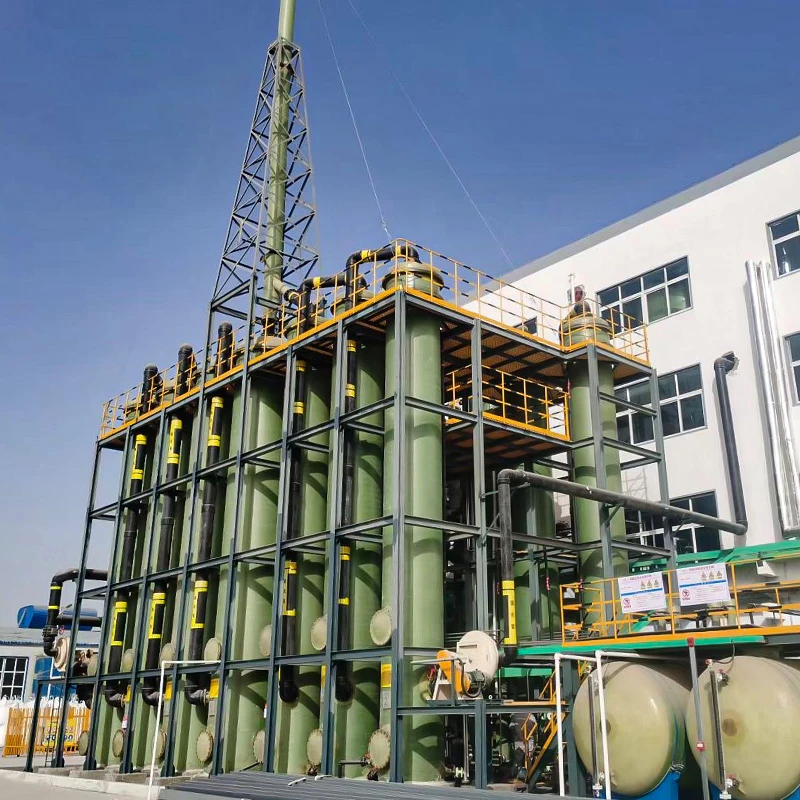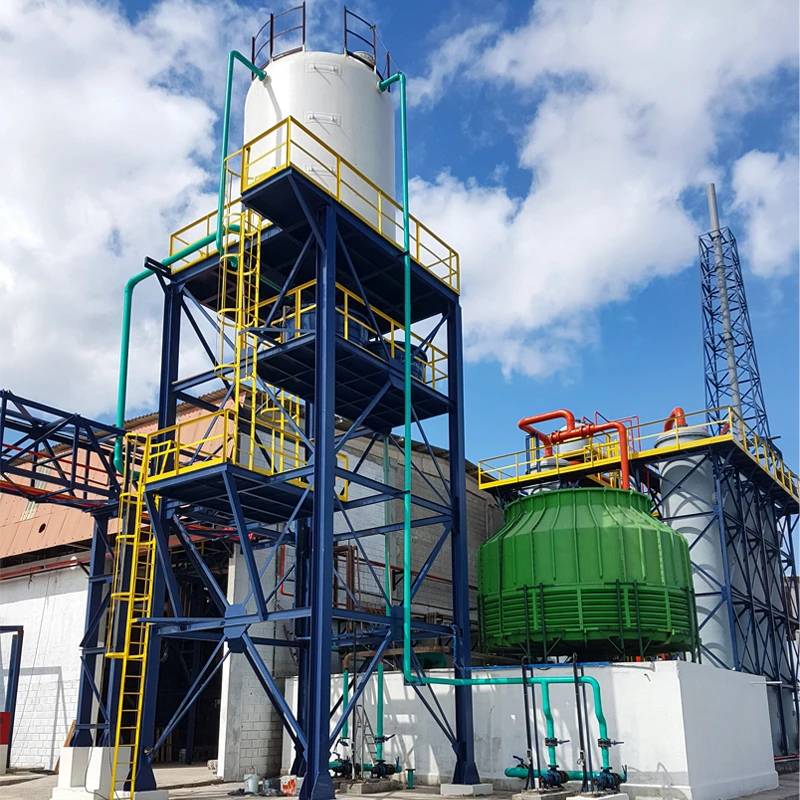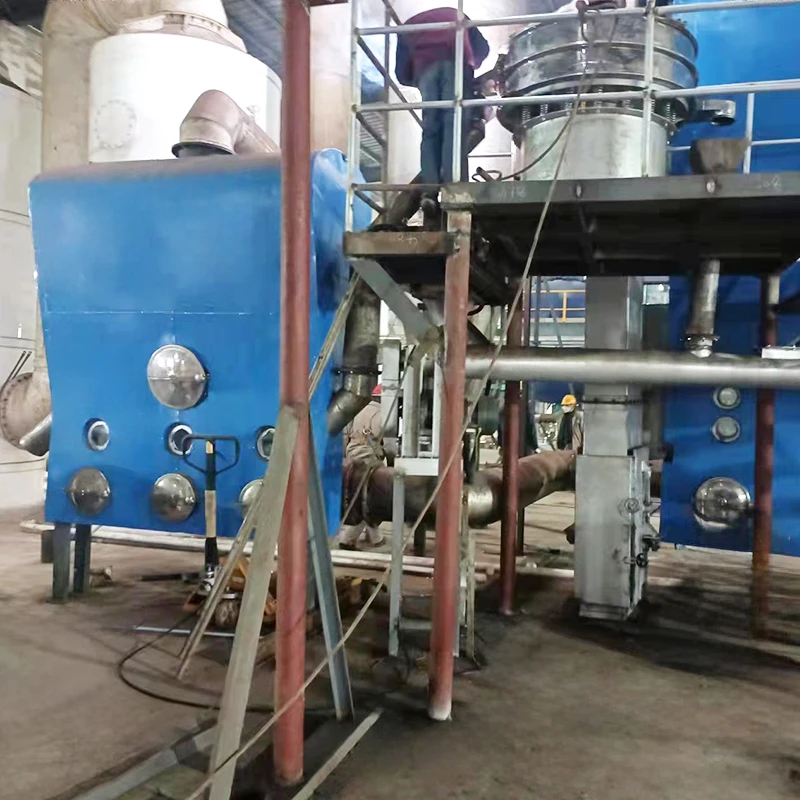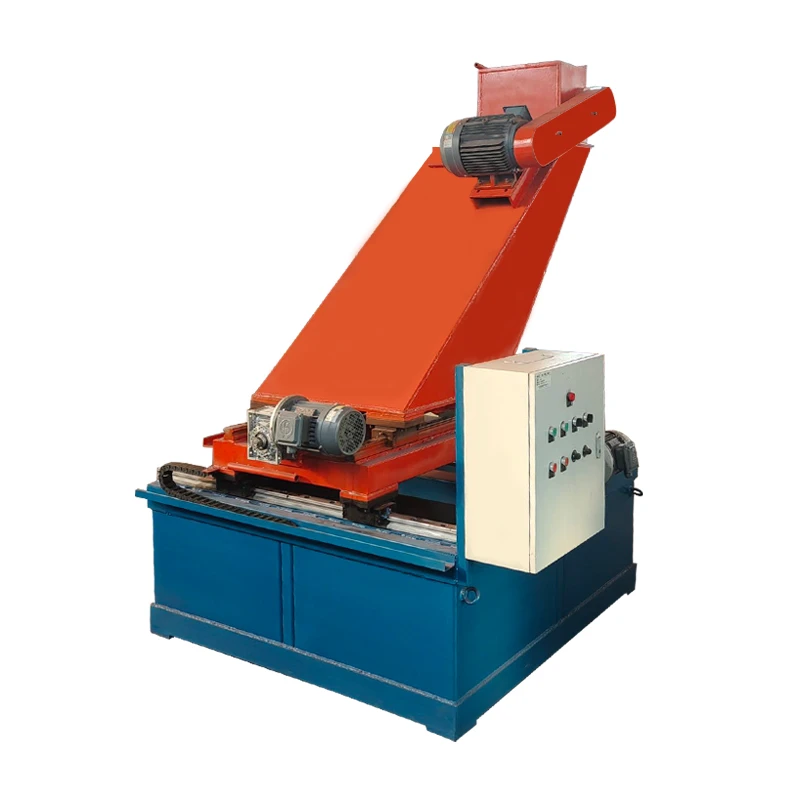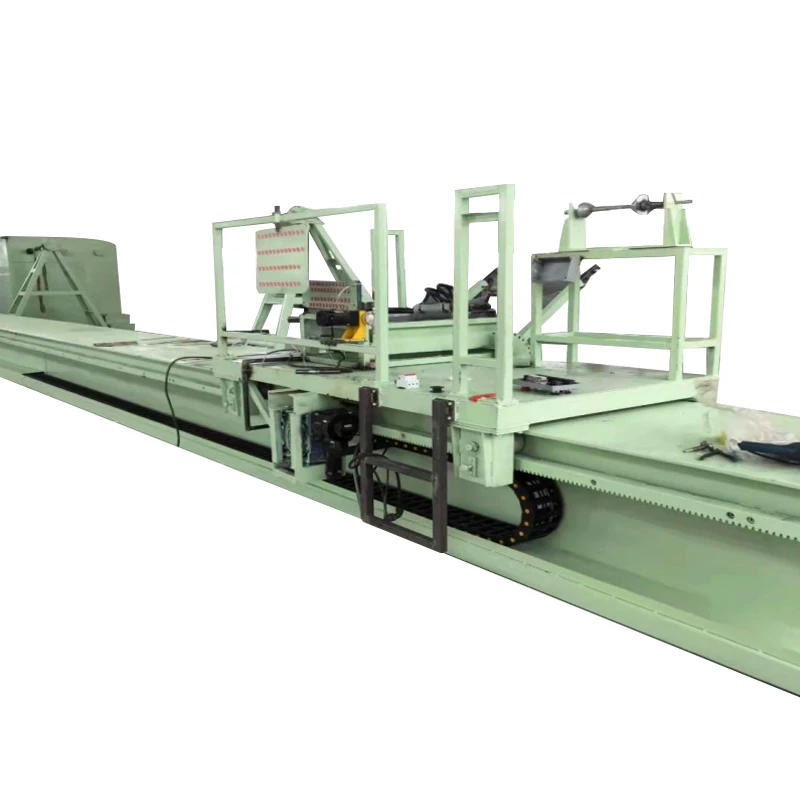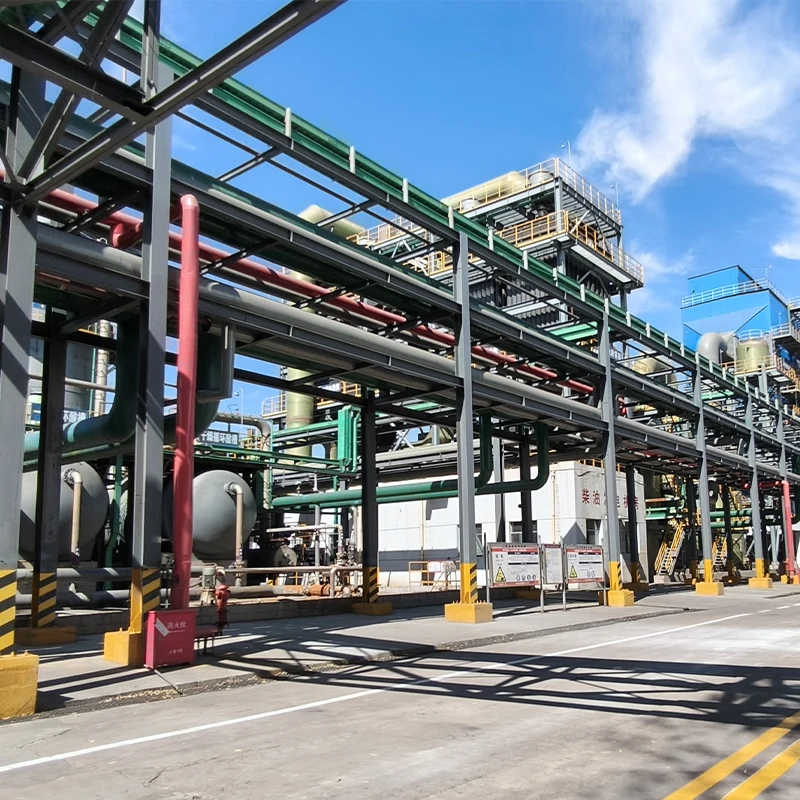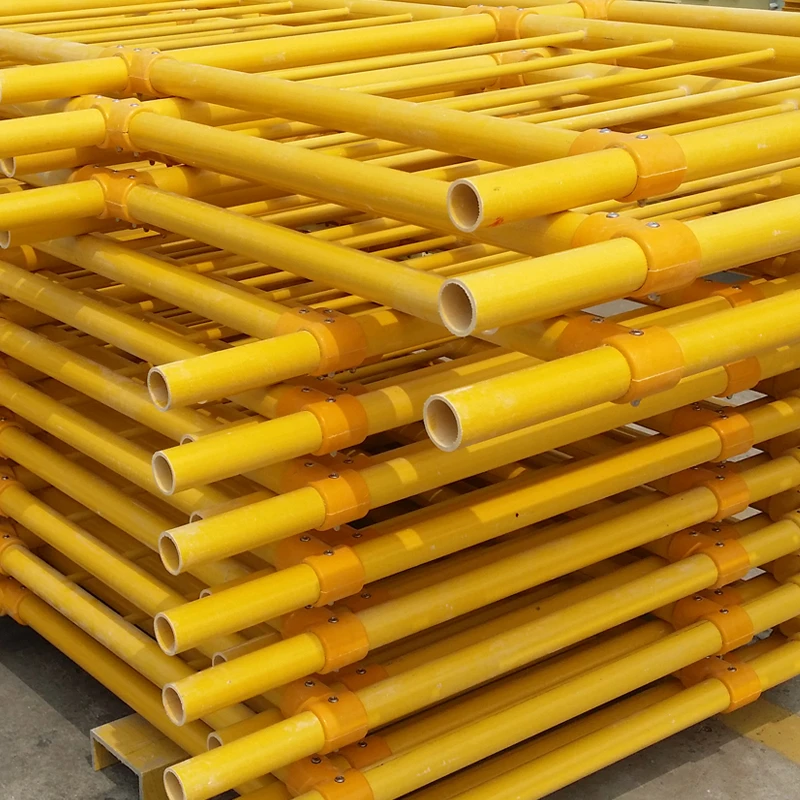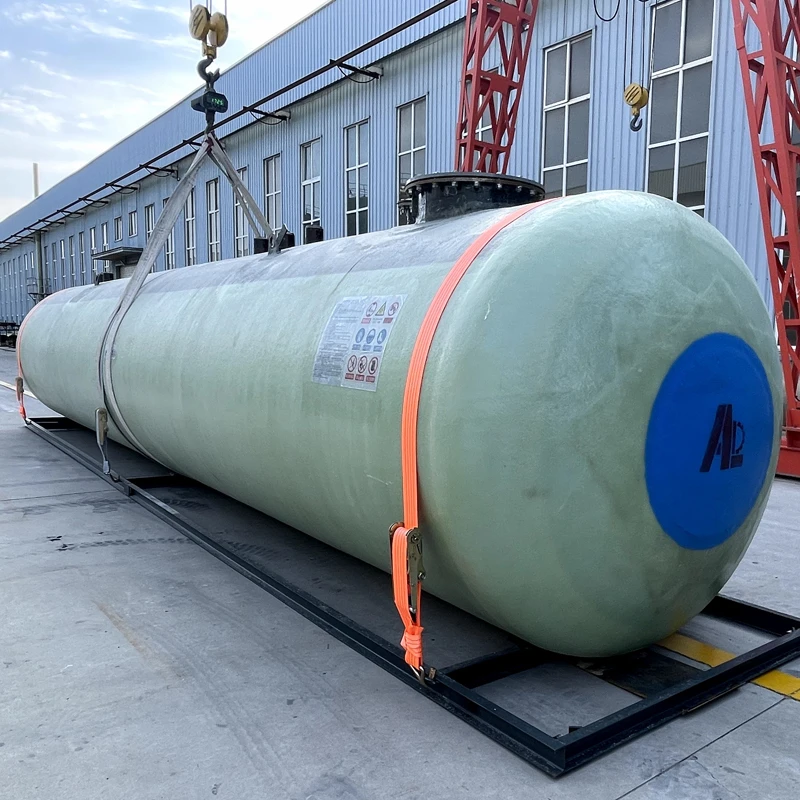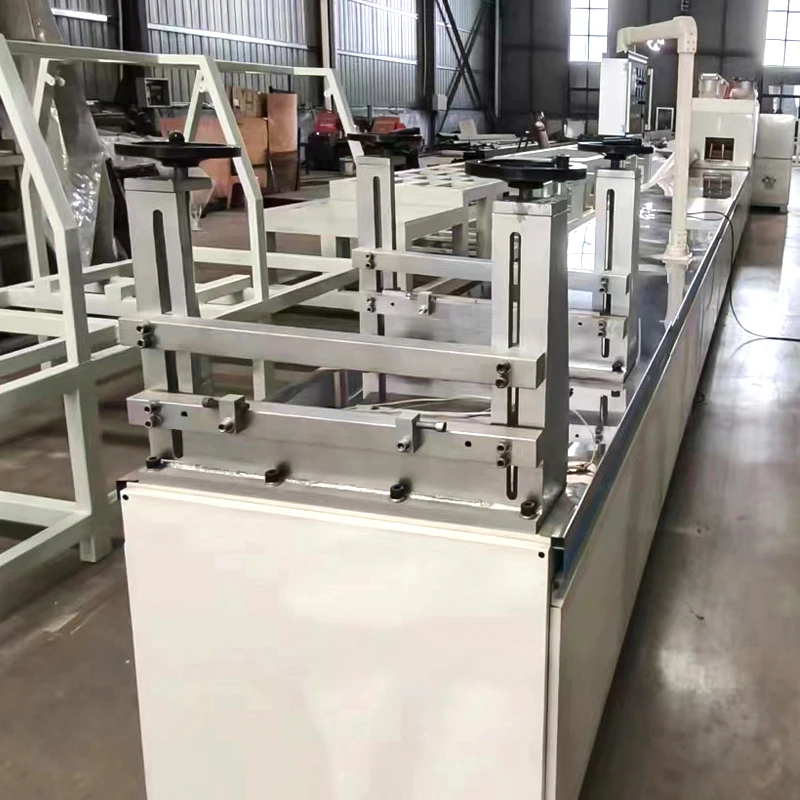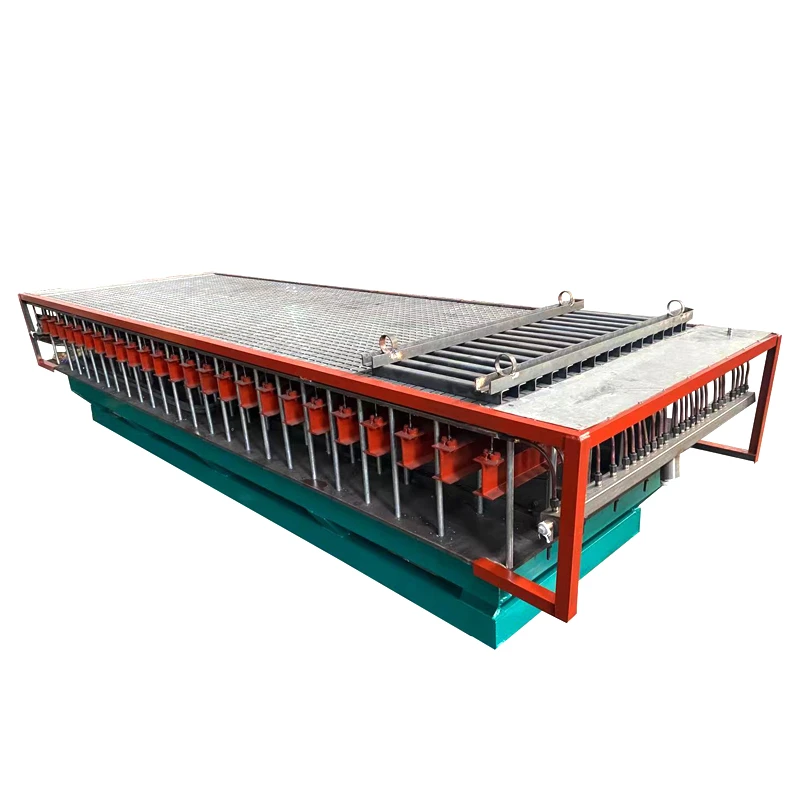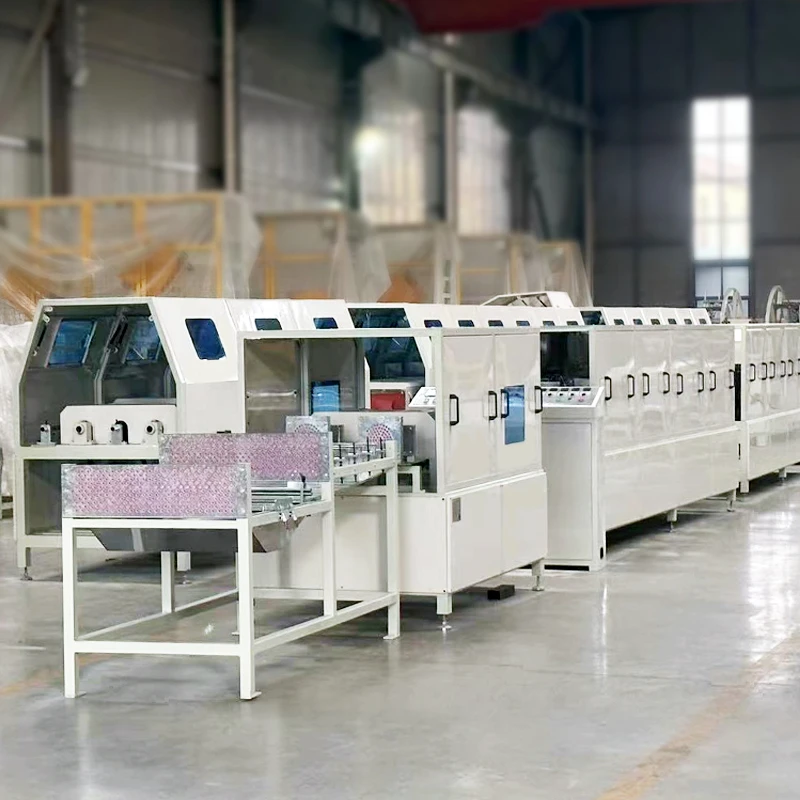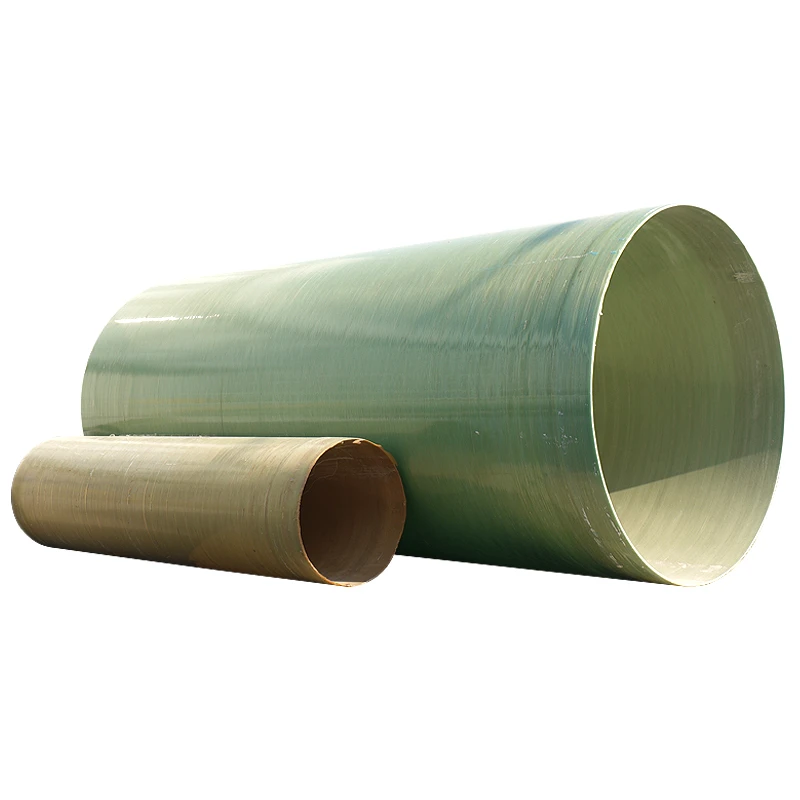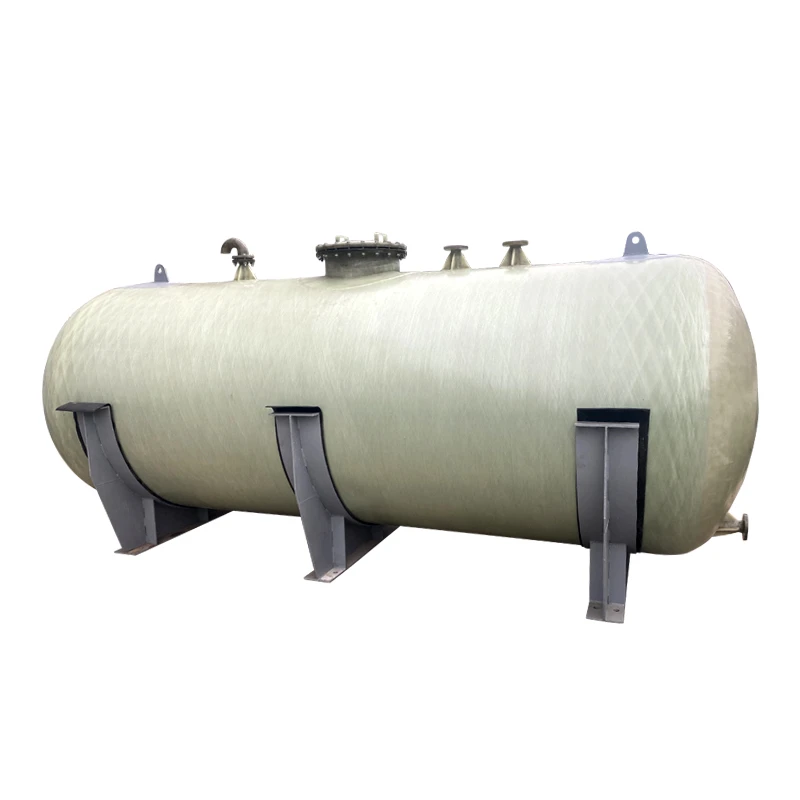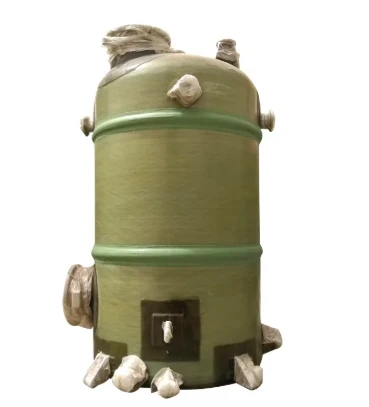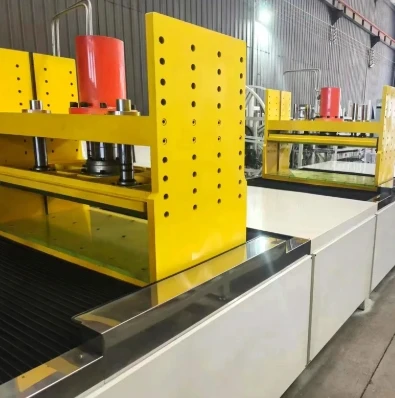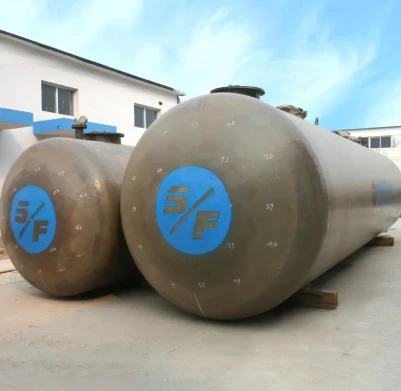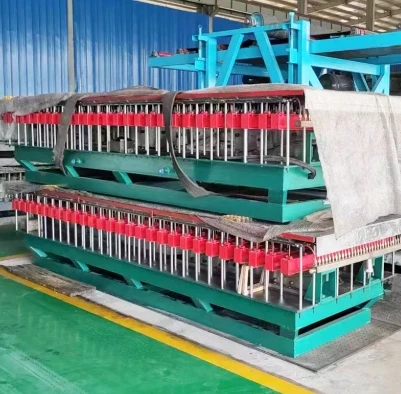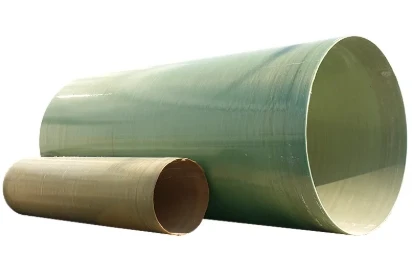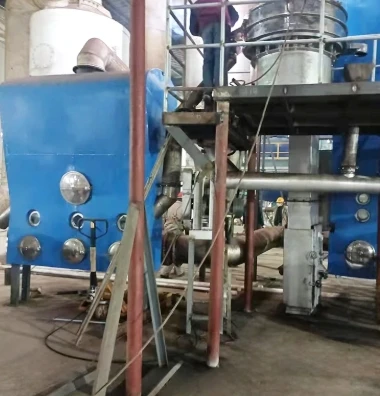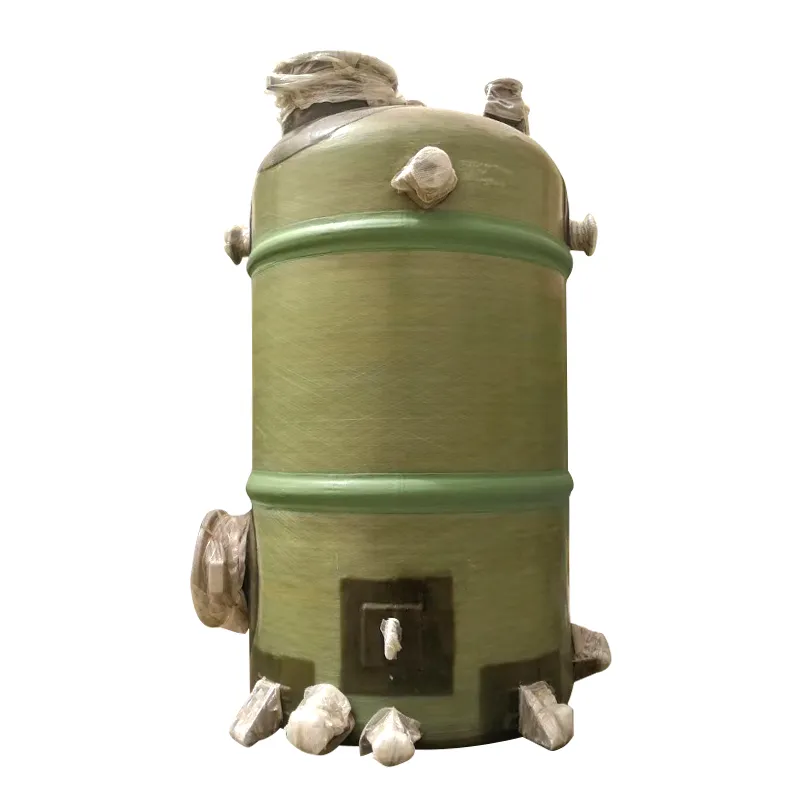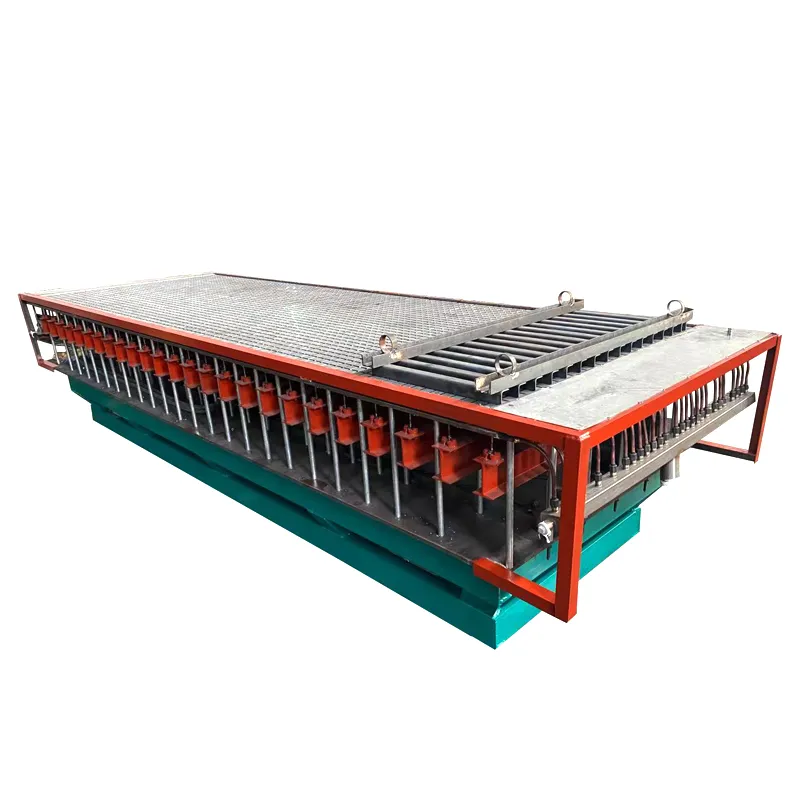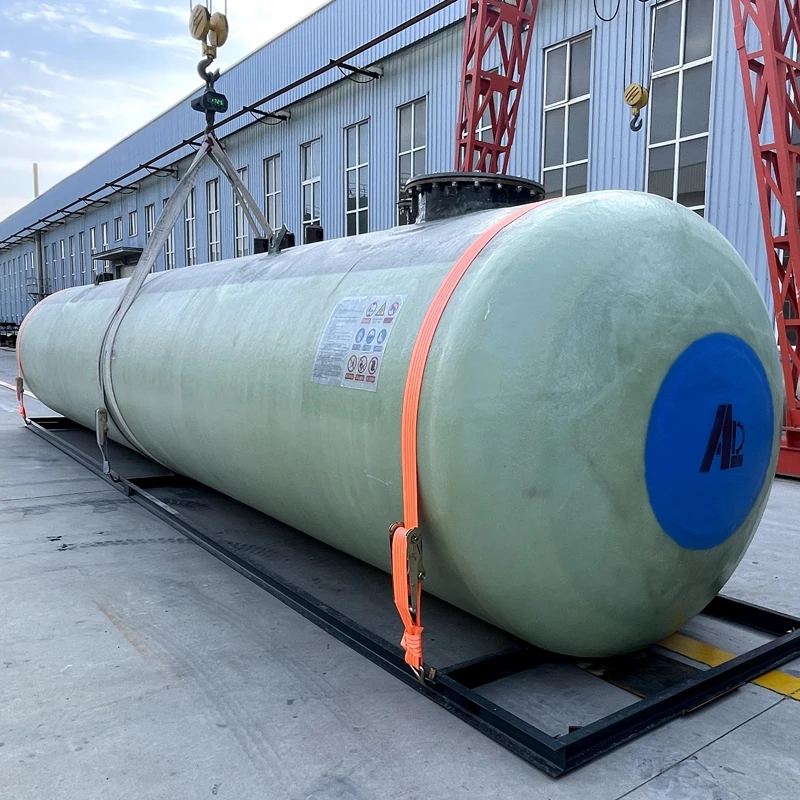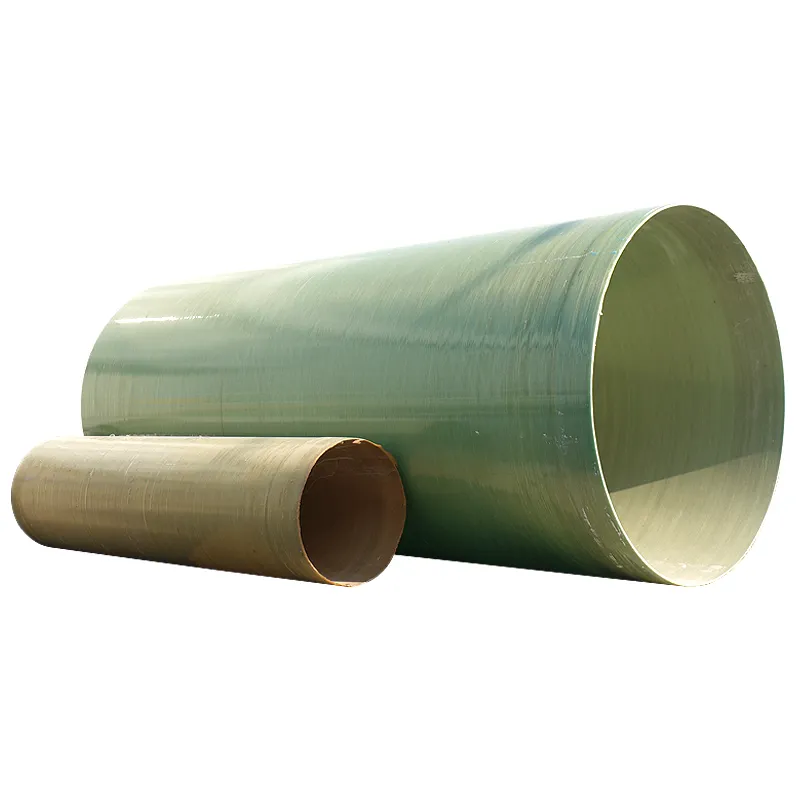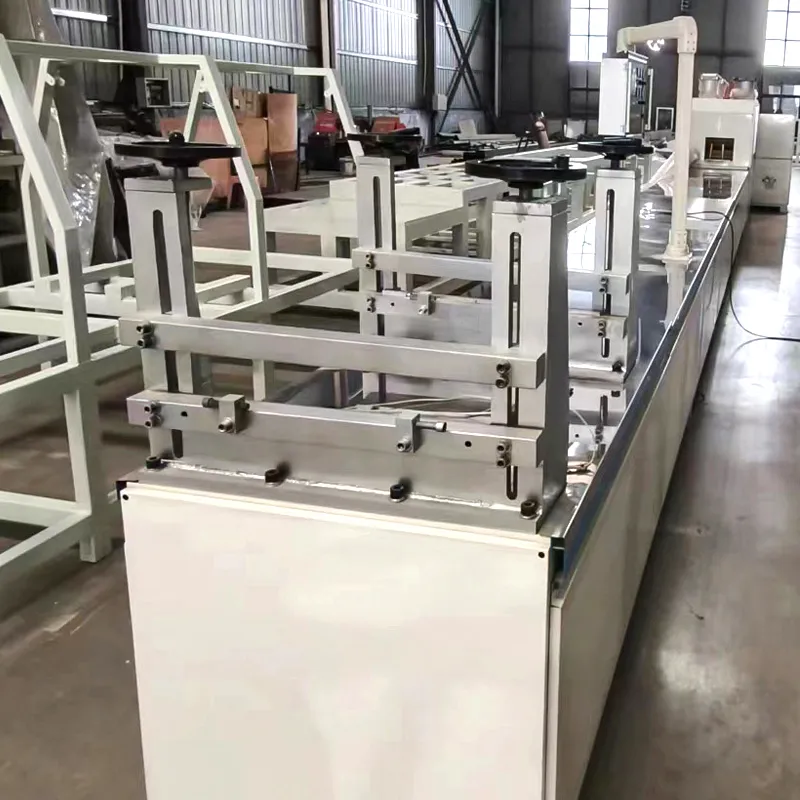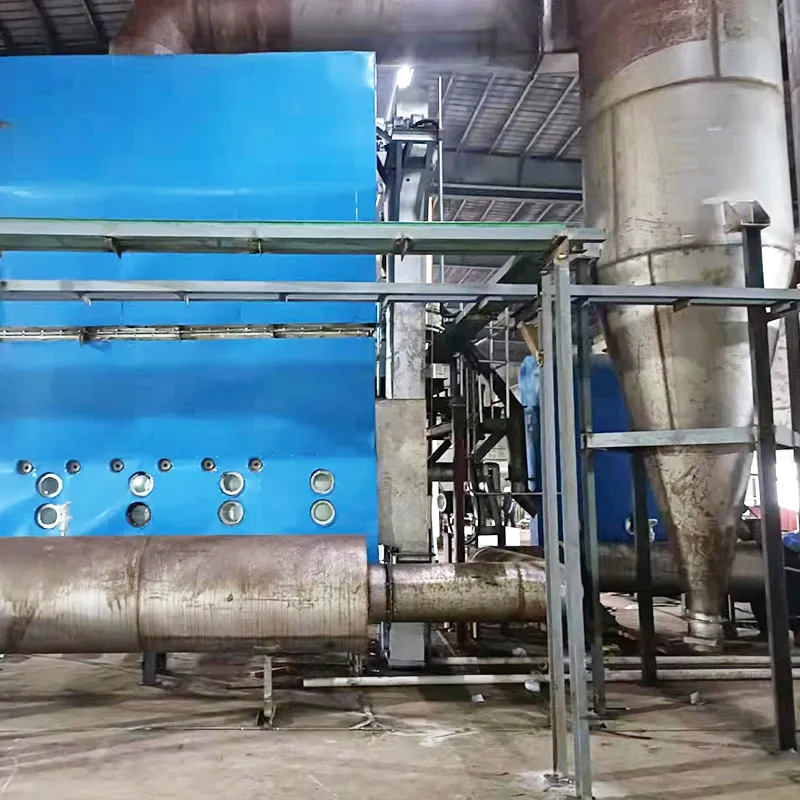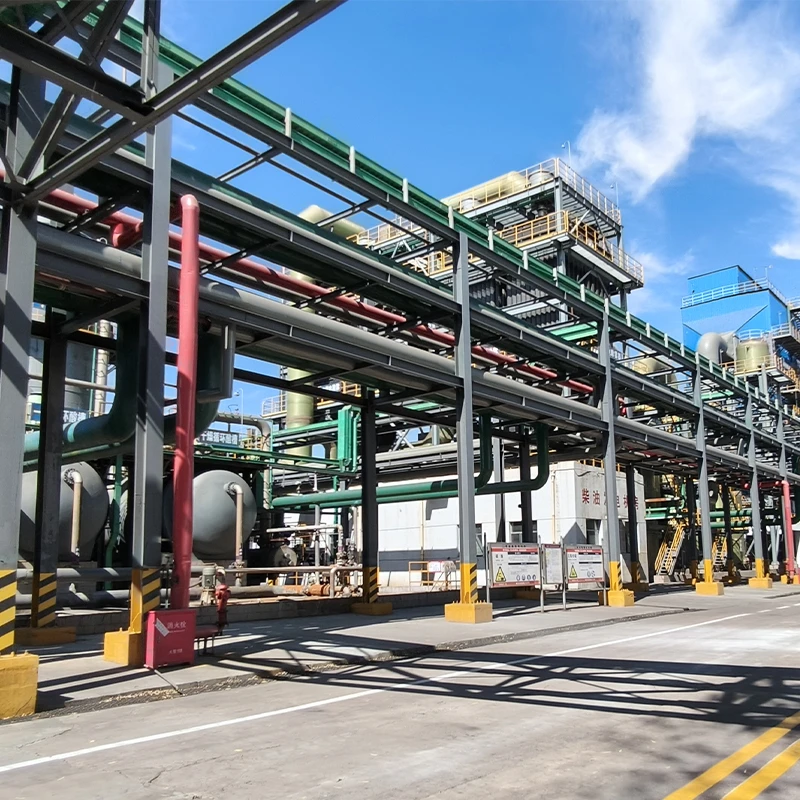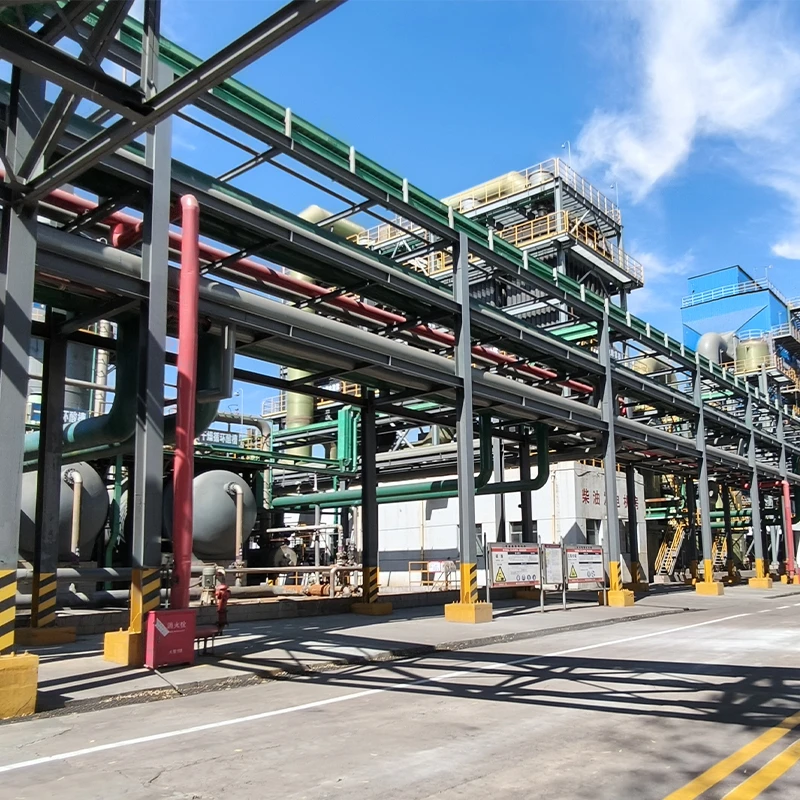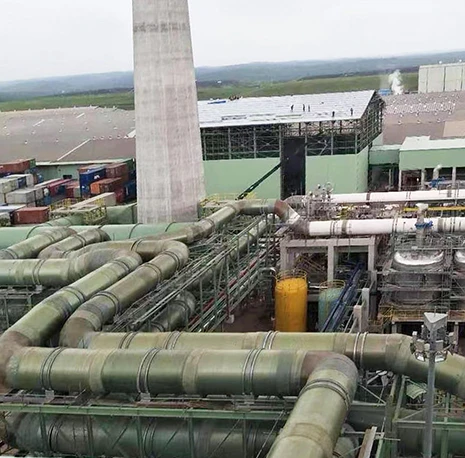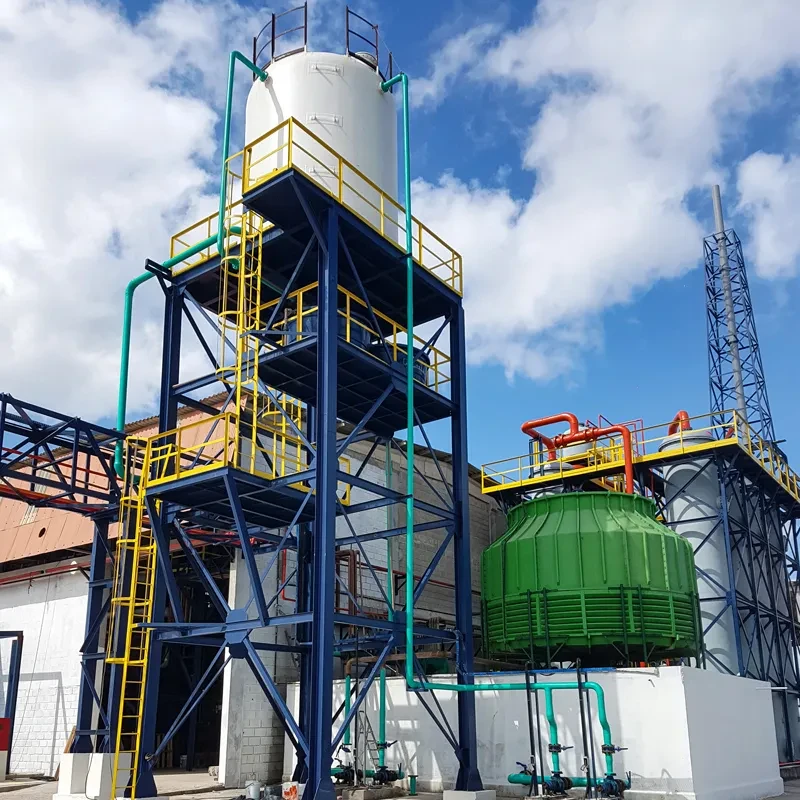Sulfuric Acid Production Line - Hebei Aoliande | Mannheim Process, Energy Efficiency
Introduction to Sulfuric Acid Production
Sulfuric acid (sulfuric acid production) is a cornerstone of modern industry, serving as a critical component in fertilizers, chemical manufacturing, and various industrial applications. The sulfuric acid plant industry relies on advanced technologies to meet the growing demand for this versatile chemical. One of the most widely used methods for producing sulfuric acid is the Mannheim process, which has been refined over the years to enhance efficiency and environmental sustainability. This article explores the technical specifications, advantages, and applications of a state-of-the-art sulfuric acid production line developed by Hebei Aoliande Chemical Equipment Co., Ltd.
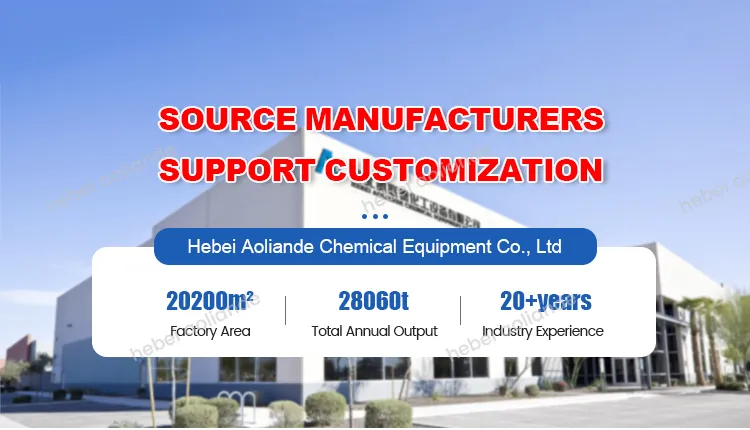
Understanding the Mannheim Process
The Mannheim process is a well-established method for producing sulfuric acid, primarily through the reaction of potassium chloride with sulfuric acid at high temperatures. This process involves two key steps: the formation of potassium bisulfate and its subsequent decomposition to yield potassium sulfate and hydrochloric acid. According to the National Institute of Standards and Technology (NIST), the Mannheim process accounts for 50% to 60% of global sulfuric acid supply due to its efficiency and scalability. However, traditional implementations of this method face challenges such as high energy consumption and environmental concerns related to hydrochloric acid (HCl) emissions.
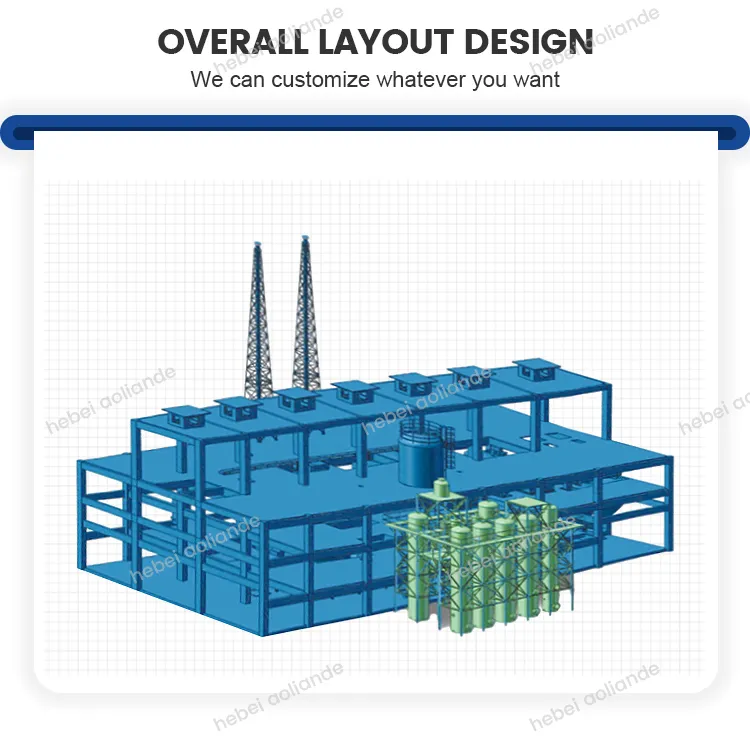
Technical Advancements in Sulfuric Acid Production
Hebei Aoliande Chemical Equipment Co., Ltd. has introduced significant improvements to the Mannheim furnace process, addressing the limitations of conventional systems. These innovations include:
- Corrosion-Resistant Materials: Key components of the production line are manufactured using specialized materials that resist corrosion, ensuring durability and extending the equipment's service life.
- Waste Recovery Systems: A dedicated system recycles hydrochloric acid (HCl), minimizing environmental impact and aligning with modern sustainability standards.
- Enhanced HCl Absorption: The absorption system has been optimized to improve the quality of the final product and reduce emissions.
- Energy-Efficient Design: Improved flue design and the use of gas generators instead of traditional heating methods reduce energy consumption by up to 20%.
- Automation: A PLC (Programmable Logic Controller) system automates production, ensuring precise control over feedstock ratios and reducing labor costs.
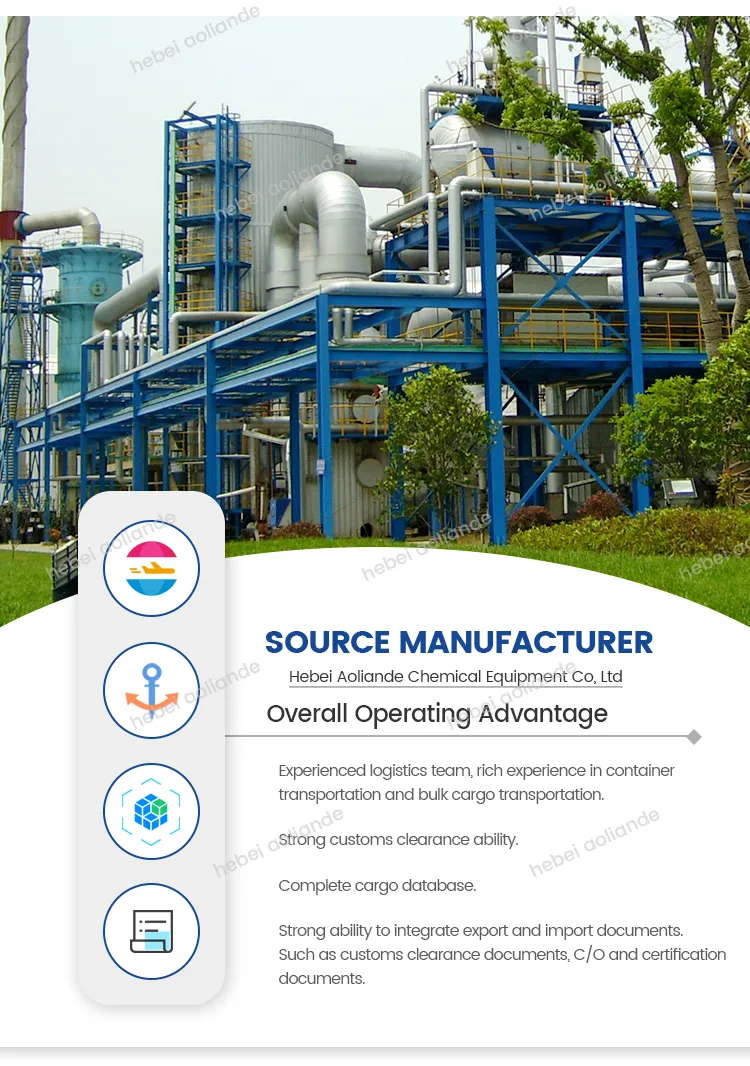
Product Specifications Table
| Parameter | Specification |
|---|---|
| Production Method | Mannheim Process |
| Raw Materials | Potassium Chloride, Sulfuric Acid |
| Operating Temperature | 600°C+ |
| Energy Consumption | Low (20% reduction via gas generators) |
| Output Capacity | High (suitable for large-scale commercial production) |
| Environmental Compliance | Waste HCl recovery system |
| Automation Level | PLC-controlled |
Applications of Sulfuric Acid Production Line
The advanced sulfuric acid production line is designed to meet the demands of various industries. Key applications include:
- Fertilizer Manufacturing: Sulfuric acid is a critical raw material for producing potassium sulfate, a widely used fertilizer. The sulfuric acid plant ensures consistent quality and high output, supporting agricultural productivity.
- Chemical Industry: The production line supplies sulfuric acid for the synthesis of other chemicals, including detergents, dyes, and pharmaceuticals.
- Wastewater Treatment: Sulfuric acid is used to neutralize alkaline waste streams, making the production line essential for environmental protection.
- Metallurgy: The acid is employed in metal refining processes, such as leaching and purification.
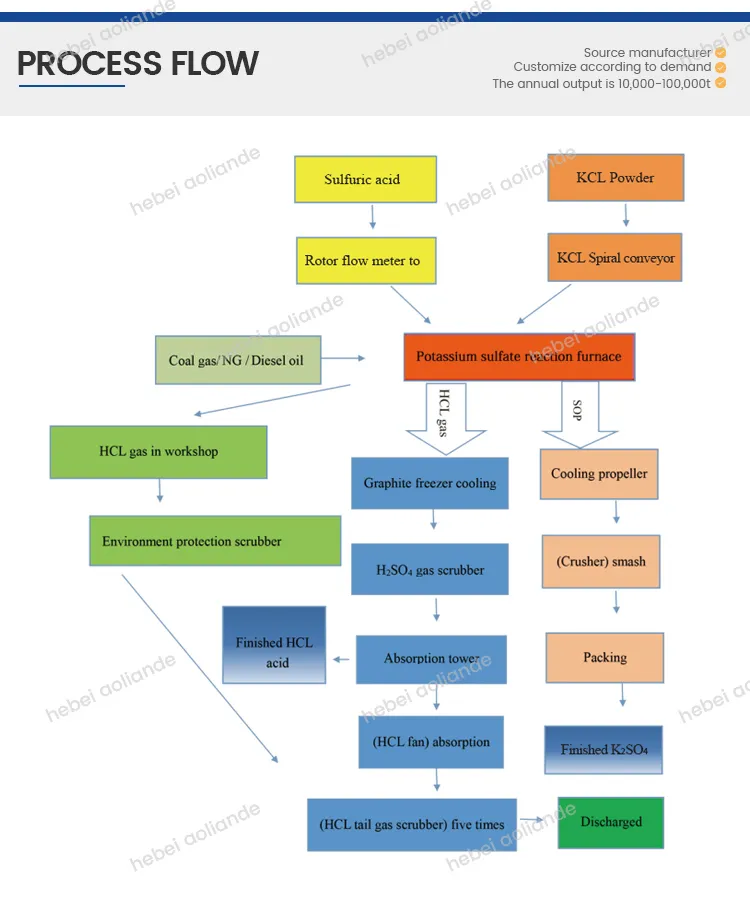
Company Profile: Hebei Aoliande Chemical Equipment Co., Ltd.
Hebei Aoliande Chemical Equipment Co., Ltd. is a leading manufacturer of sulfuric acid plant equipment, specializing in FRP (Fiberglass Reinforced Plastic) pipes, storage tanks, and production machinery. With over 50 employees and annual sales exceeding $5 million, the company has established a global presence, exporting products to the United States, Brazil, Japan, Germany, India, Malaysia, and Egypt. Hebei Aoliande's commitment to innovation is reflected in its ISO 9001 and ISO 14001 certifications, which ensure adherence to international quality and environmental standards.
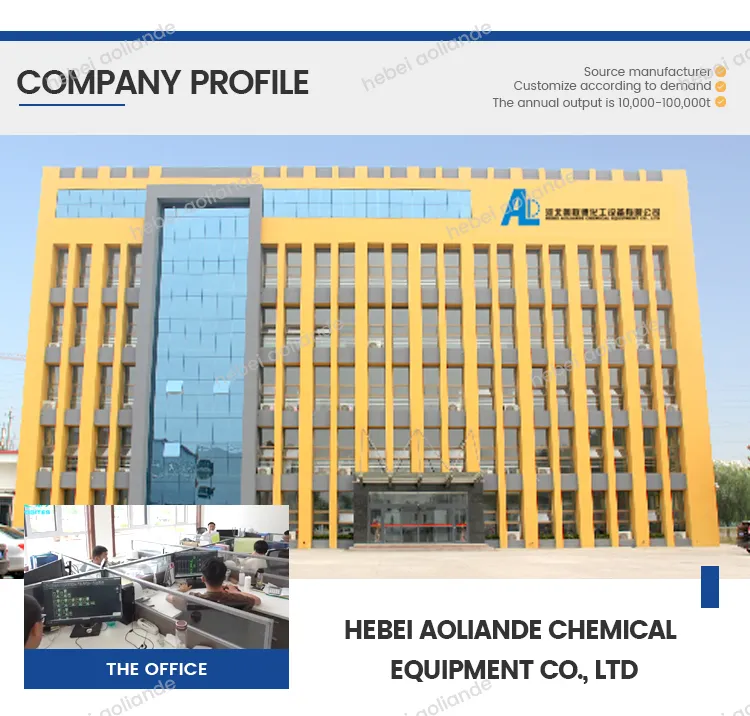
As highlighted by the National Institute of Standards and Technology (NIST), companies like Hebei Aoliande play a vital role in advancing industrial technologies. Their focus on energy efficiency and sustainability aligns with global efforts to reduce carbon footprints and promote green manufacturing practices.
Environmental and Economic Benefits
The sulfuric acid production line developed by Hebei Aoliande offers significant environmental and economic advantages. By integrating a waste recovery system, the process minimizes HCl emissions, addressing one of the major challenges of the traditional Mannheim method. Additionally, the energy-efficient design reduces operational costs, making the production line a cost-effective solution for industrial users.
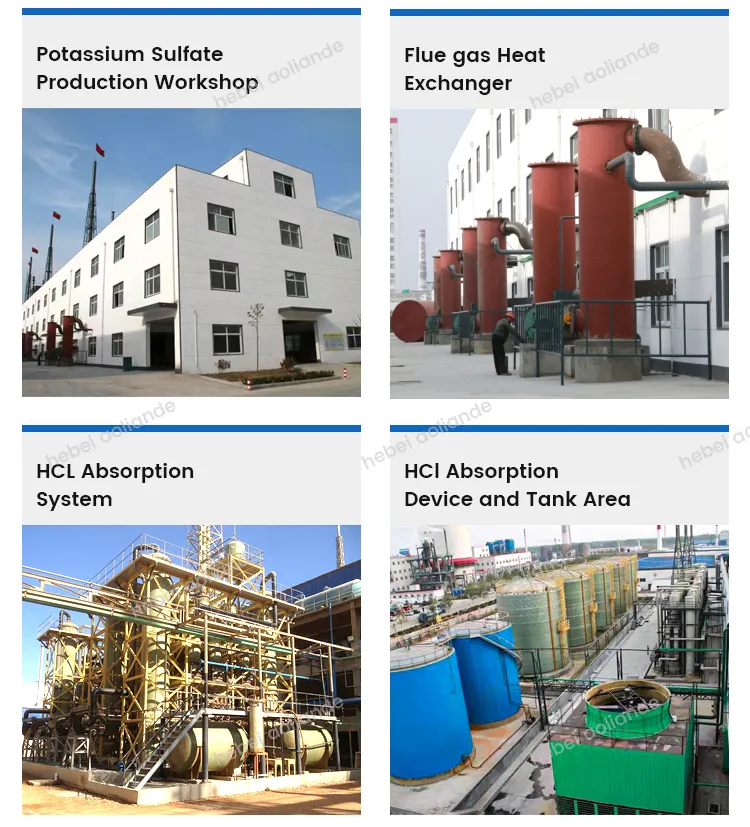
Conclusion
The sulfuric acid production line by Hebei Aoliande Chemical Equipment Co., Ltd. represents a significant advancement in industrial technology. By refining the Mannheim process, the company has created a system that balances efficiency, environmental responsibility, and economic viability. As industries worldwide seek sustainable solutions, this production line sets a benchmark for innovation in chemical manufacturing. For more information, visit the sulfuric acid plant page or explore the company's product catalog.
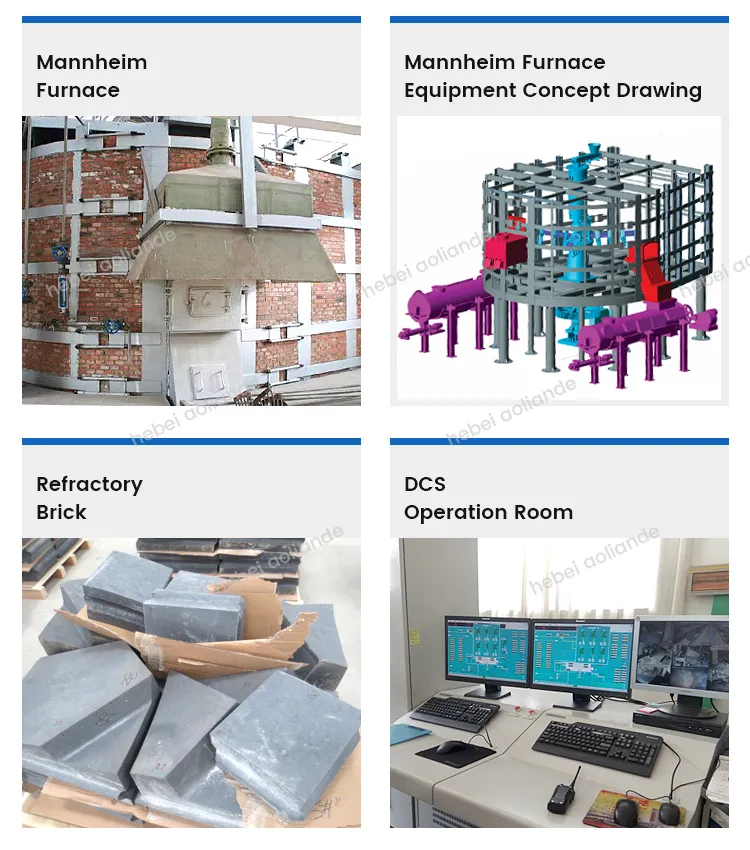
References
National Institute of Standards and Technology (NIST). (n.d.). Driving Innovation. Retrieved from https://www.nist.gov/

